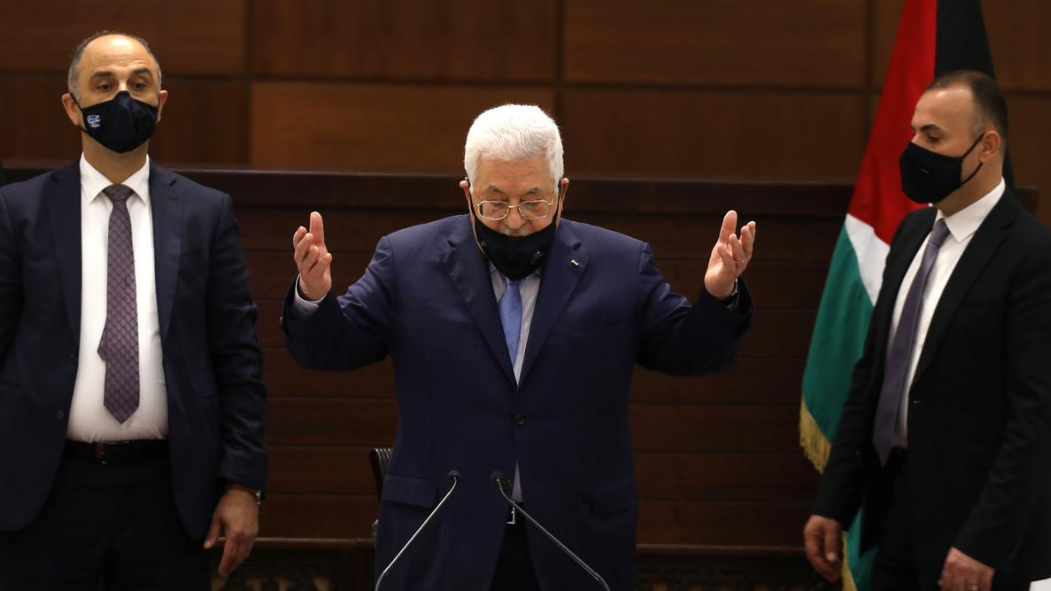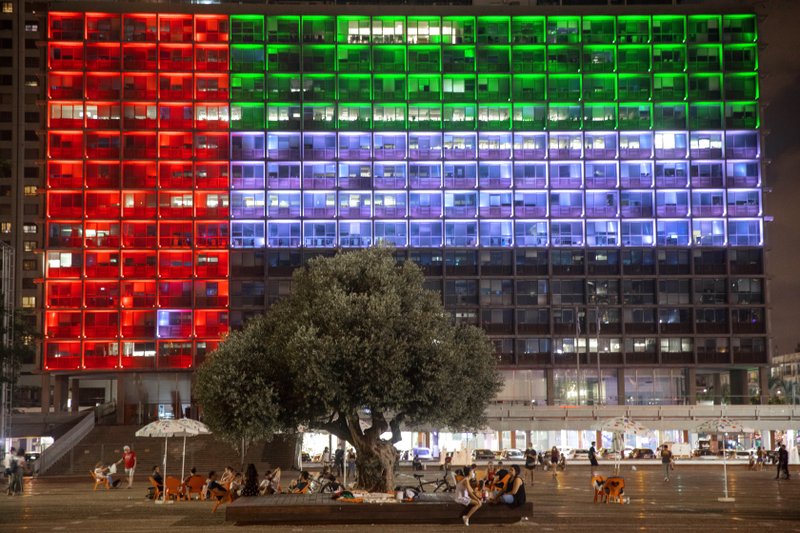
Palestinian factions on Thursday staged a rare show of unity to underline their rejection of the U.S.-backed normalization deal between Israel and the United Arab Emirates (UAE).
"We cannot accept anyone speaking in our name. We have never allowed it, and we will not allow it, ever," said president Mahmud Abbas at a meeting in the West Bank town of Ramallah beamed live by videoconference to a parallel meeting held at the Palestinian embassy in Beirut.
"We will never accept the United States as the sole mediator for negotiations (with Israel), and we will not accept its plan" for a peace settlement, said Abbas, calling for Palestinian "unity" in the face of Washington's strategy.
Abbas has refused to deal with Trump's administration for more than two years, accusing it of pro-Israel bias, and rejected Trump's Mideast plan, unveiled in January.
"Our meeting comes at a very dangerous stage, in which our national cause faces various plots and dangers," Abbas said on Thursday.
"In order to stand together in the trench of confrontation and peaceful popular resistance to the occupation, I invite you here to agree on the formation of a national leadership."
The meeting was the first since 2013 bringing together Abbas, head of the mainstream Fatah party and West Bank-based Palestinian Authority, and Islamist Hamas leader Ismail Haniyeh -- albeit virtually, rather than in the same room.
Haniyeh, whose rival movement controls the Gaza Strip, also called for a united front, via videoconference from Beirut.
"We must restore our national unity, put an end to division and establish a unified Palestinian position... to confront projects directed against our people," said the Hamas chief.
Under a U.S. initiative unveiled this year, Israel would retain control of the disputed city of Jerusalem as its "undivided capital" and annex settlements and other areas in the occupied West Bank.

On August 13, U.S. President Donald Trump announced an agreement between Israel and the UAE to normalize ties.
Under the U.S.-brokered deal, the Jewish state has suspended, but not permanently dropped, annexation plans in the West Bank.
The UAE became the third Arab country to agree to normalize ties with Israel, after Egypt signed a peace deal in 1979 and Jordan followed suit in 1994.
Israeli Prime Minister Benjamin Netanyahu said Sunday: "There are many more unpublicized meetings with Arab and Muslim leaders to normalize relations with the state of Israel."
Palestinians were dismayed by the Gulf state's 'normalization' accord with Israel, seeing it as a betrayal likely to we
